FLAT 10% OFF ON YOUR FIRST ORDER. USE IVER10
Glucagen Injection (Glucagon)
Price range: $60.00 through $710.00
Glucagen 1mg Injection contains Glucagon, a life-saving hormone used in the emergency treatment of severe hypoglycemia in diabetic patients. It quickly raises blood sugar by stimulating the liver to release glucose, especially when the patient is unconscious or unable to swallow. Glucagen is also used in certain gastrointestinal diagnostic procedures due to its ability to relax smooth muscles. The injection must be administered by a trained caregiver or healthcare professional. After regaining consciousness, the patient should consume a high-sugar snack and seek immediate medical attention. Common side effects include nausea. Not effective in alcohol- or fasting-induced hypoglycemia. Always store Glucagen at recommended temperatures and discard if the solution is discolored. Suitable for home use only with proper instruction. Ideal for patients on insulin or sulfonylureas who are at risk of severe low blood sugar episodes.
- Buy 2 and get Flat 15% Off. Use B2SAVE15
- Buy 3 and get Flat 20% Off. Use B3SAVE20
Glucagen 1mg Injection (Glucagon) – Emergency Treatment for Severe Hypoglycemia
Glucagen 1mg Injection is an emergency treatment used for severe hypoglycemia (dangerously low blood sugar) in diabetic patients who become unconscious and cannot consume sugar orally. It is also used in gastrointestinal tract examinations for adults. This injection must be administered by a trained healthcare professional or caregiver. Patients and family members should recognize hypoglycemia symptoms like irritability, sweating, rapid heartbeat, and shakiness. Glucagen works by rapidly increasing blood sugar levels, helping restore consciousness. Once awake, the patient should consume a high-sugar snack (juice, sweets, or biscuits) to prevent further drops in glucose levels. Immediate medical follow-up is necessary after administration.
Uses of Glucagen 1mg Injection:
– Emergency treatment of severe hypoglycemia (extremely low blood sugar) in diabetics.
– Used in gastrointestinal (GI) diagnostic procedures.
Benefits of Glucagen 1mg Injection:
Glucagen 1mg Injection quickly raises blood glucose levels, reversing unconsciousness caused by severe hypoglycemia. It is a life-saving treatment for diabetic patients on insulin or certain anti-diabetic medications. The injection helps stabilize blood sugar, preventing complications like seizures or coma.
Side Effects of Glucagen 1mg Injection:
The most common side effect is nausea. If it persists or worsens, consult a doctor. Discontinue use if the solution appears discolored or contains particles.
How to Use Glucagen 1mg Injection?
– Administered by a doctor, nurse, or trained caregiver.
– Do not self-inject unless properly instructed.
– After regaining consciousness, consume a high-sugar snack.
– Seek emergency medical help immediately after use.
How Glucagen 1mg Injection Works?
Glucagen contains glucagon, a natural hormone that signals the liver to convert stored glycogen into glucose, raising blood sugar levels. In GI examinations, it relaxes smooth muscles in the digestive tract for better imaging.
Safety Advice:
Alcohol: Unsafe – Alcohol worsens hypoglycemia.
Pregnancy: Safe if prescribed (limited human studies).
Breastfeeding: Consult a doctor.
Driving: Avoid if blood sugar is unstable.
Kidney/Liver Disease: Likely safe, but medical supervision required.
What If You Missed a Dose?
Since Glucagen is used only in emergencies, missing a dose does not apply. However, if hypoglycemia symptoms persist, seek immediate medical help.
FAQs:
Q1: Can I use Glucagen 1mg Injection at home?
Yes, but only if you or a caregiver are trained in its administration. Otherwise, seek immediate medical assistance.
Q2: What should I do after administering Glucagen?
Once the patient regains consciousness, give them a high-sugar snack and seek emergency medical care.
Q3: Does Glucagen work if I have been fasting or drinking alcohol?
No, prolonged fasting or alcohol-induced hypoglycemia may reduce its effectiveness.
Q4: Can pregnant women use Glucagen?
It is generally considered safe during pregnancy, but consult a doctor first.
Q5: What are the signs of severe hypoglycemia?
Symptoms include confusion, sweating, rapid heartbeat, shakiness, and unconsciousness.
| Dose | 1 mg |
|---|---|
| Pack Size | 1 Injection, 3 Injection, 6 Injection, 15 Injection |


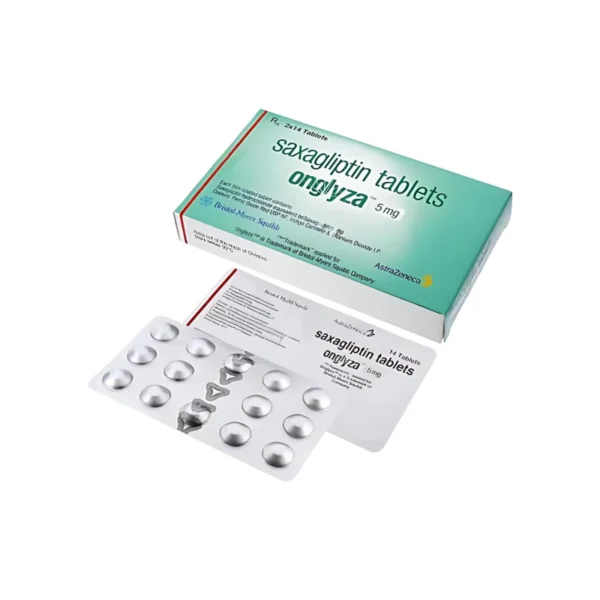

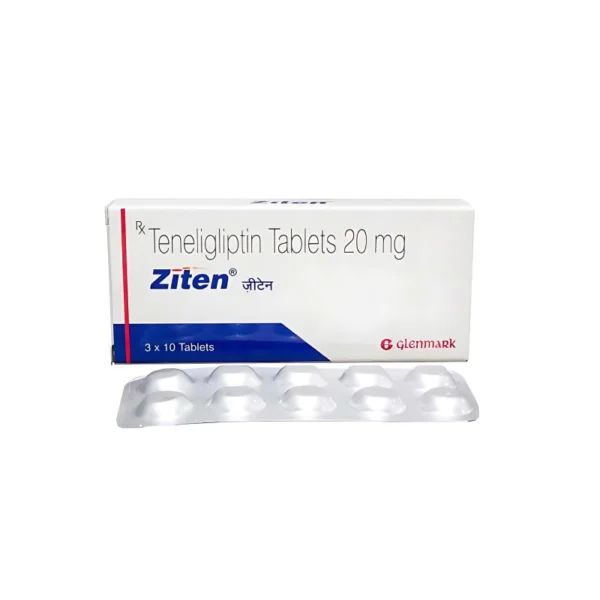
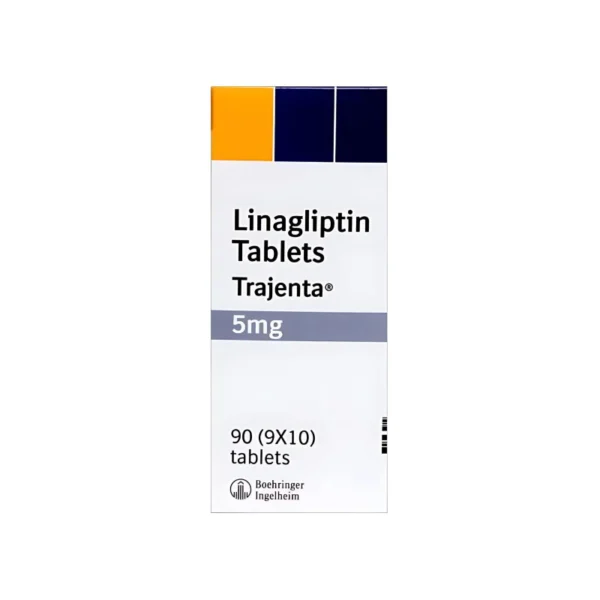
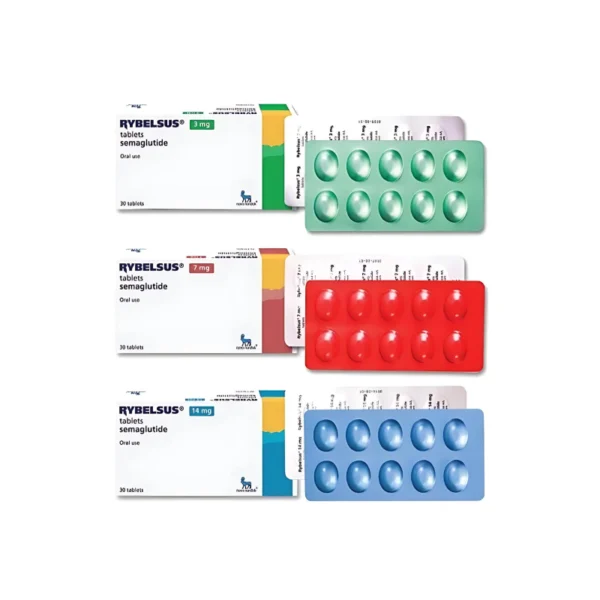

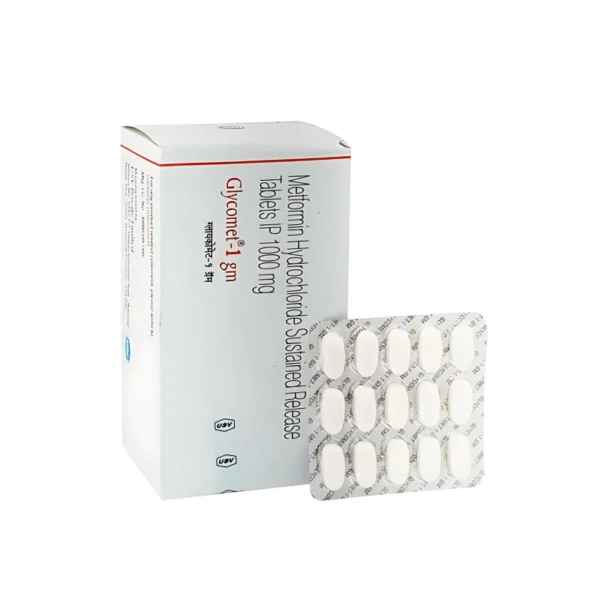
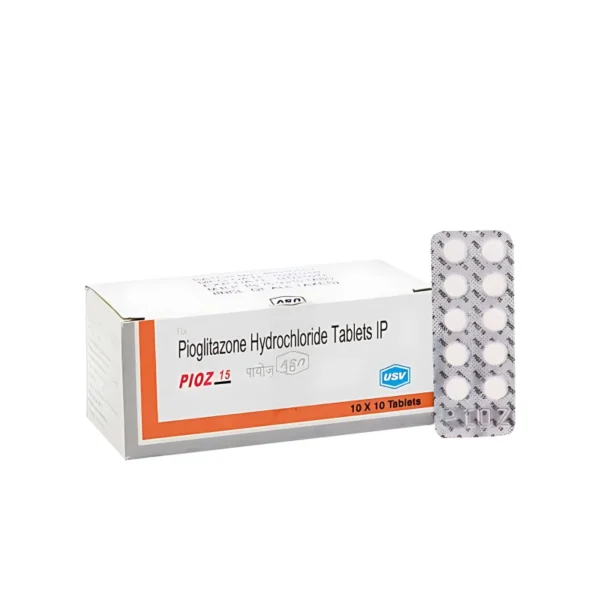
Reviews
There are no reviews yet.